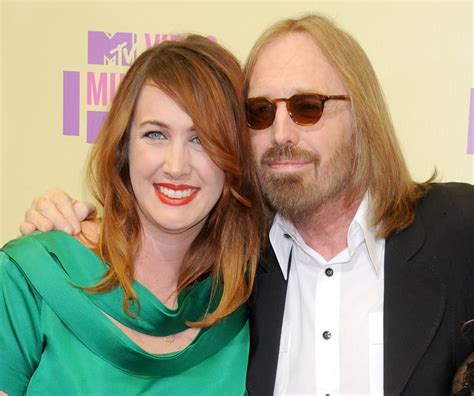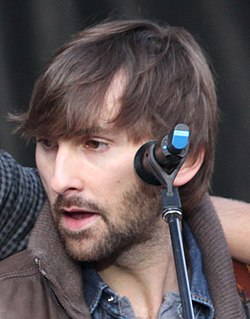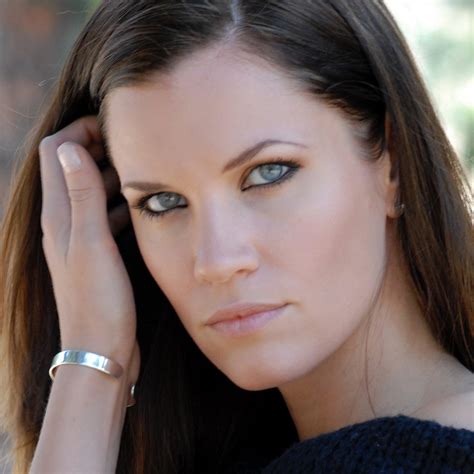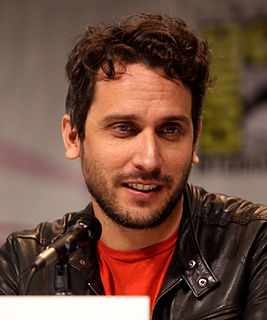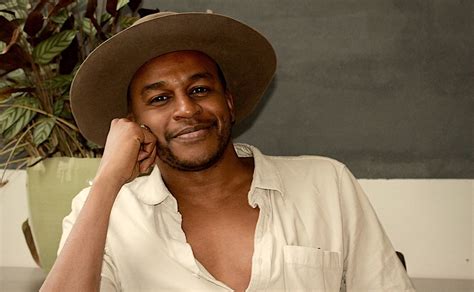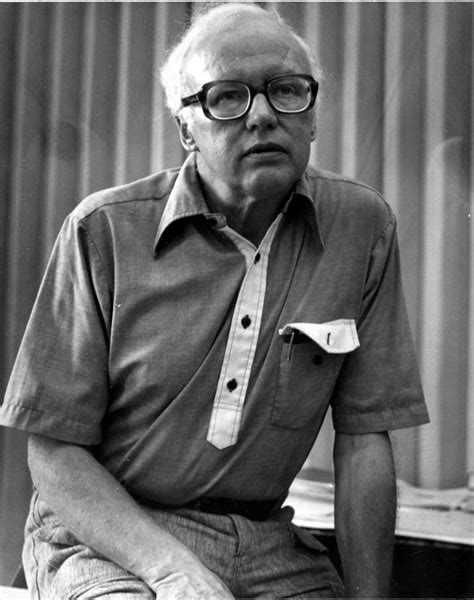A Quote by Howard Shore
I look at the film without any music or sound. I try to grasp the story from the screenplay. I try to write to the novel or book if there is one. I try to create music that's honest and true to my heart for the story.
Related Quotes
I always write a draft version of the novel in which I try to develop, not the story, not the plot, but the possibilities of the plot. I write without thinking much, trying to overcome all kinds of self-criticism, without stopping, without giving any consideration to the style or structure of the novel, only putting down on paper everything that can be used as raw material, very crude material for later development in the story.
What I try to do is write from the inside out. I really try to jump into the world of the film and the characters, try to imagine myself in that world rather than imagining it as a film I'm watching onscreen. Sometimes, that means I'm discovering things the way the audience will, with character and story.
Making music clips, I have a responsibility to depict the artist in a way that suits them, and feels comfortable with how they want to present their music. From there I usually try to tell a story visually that complements the music, that lets the music be the hero element of the project. I just try to do something that feels sincere and creative and a little bit home-brewed so it doesn't feel too plastic or phony.
The one good thing about a movie and music and stuff like that: Sometimes it's a counterpoint between the movie and the music itself, the difference and the tension they build together. I think that could be something that helped with me, because when I write songs now, I write lyrics a bit like that. I try to make the music be an interesting twist on the lyrics and help tell the story in a - I don't tell crazy stories, you know? So a lot of times, the twist is in the subtleties. The twist is in the way the story's told.
The story [for the western genre] is everything. Whether it's a book or a screenplay, the story drives everything. And if you just go out and try to make one by putting on boots and jumping on a horse and riding off... If you don't have the material, the characters and the things to overcome and conflicts that give life to drama, you don't have it.
I find it very difficult not to write in any sort of Sudanese style. With Sudanese music, there are very specific things that happen with the syncopation of the drums, melodies and stuff. And whenever I write, that's always the first thing that comes out, because I grew up listening to it. It's a part of me, so I try to bring that out in the music. I think that you have to be honest with what you do, and that's the most honest thing that I can do, is to write that way.
The danger that keeps me just a little frightened with every book I write, however, is that I'll overreach myself once too often and try to write a story that I'm just plain not talented or skilful enough to write. That's the dilemma every storyteller faces. It is painful to fail. But it is far sadder when a storyteller stops wanting to try.




